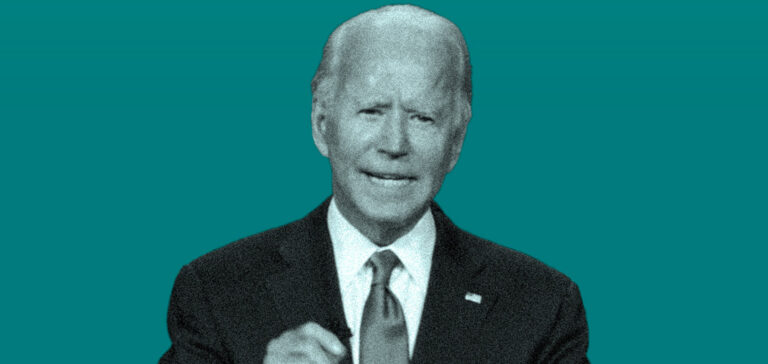This announcement, in a tense electoral context, comes two weeks after the decision, seen as a slap in the face in Washington, of Opep and its allies, including Russia, to lower their oil production quotas.
Fearing that this could result in a spike in fuel prices just before the November 8 ballot that is crucial to the end of his first term, Biden stressed what is at stake. “Families are hurting,” he said in a serious tone, in an address to the White House, aware that high inflation is his Achilles’ heel, exploited to excess by his Republican rivals.
Biden criticizes oil companies
It is urgent to increase U.S. oil production in a reasonable way,” the president said. An increase in domestic production that must take place “without delaying our transition to clean energy”, he wished however.
Mr. Biden also reiterated his criticism of certain industrial players in the hydrocarbon sector.
“Refiner profits are double the usual. And distributor margins are more than 40% above the norm,” he tweeted in the wake of his press conference.
But the strongest measure was the confirmation on Wednesday that the United States would draw an additional 15 million barrels from its strategic reserves to try to relieve the price of black gold. This new drawdown, which will be carried out in December, is the final tranche of the program announced in the spring by the U.S. head of state and which planned to free up a total of 180 million barrels to deal with the surge in prices associated with the invasion of Ukraine.
Replenish reserves
At the same time, the U.S. President plans to put in place a mechanism to replenish the strategic reserves over the long term. The U.S. government will start buying back crude oil when the price of West Texas Intermediate (WTI), the U.S. benchmark, falls to between $67 and $72 per barrel.
This measure, which is supposed to send a clear signal to the markets, is also intended to encourage the major national companies to boost their production.
The administration plans to negotiate pre-agreed price buyback contracts through an auction process, which will limit the vagaries of price volatility, a government official said.
Since the beginning of September 2021, the United States has extracted more than 212 million barrels from strategic reserves, which are at their lowest since June 1984. Never before has a president released such quantities since the reserves were created in 1975.
While the price of regular gasoline is down 22% from its peak in mid-June, it is still 16% higher than the same time last year. As for diesel, it has only fallen moderately since June, due to very low stocks, and costs 50% more on average than a year ago.





















